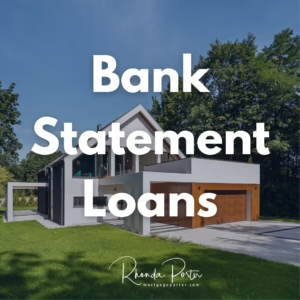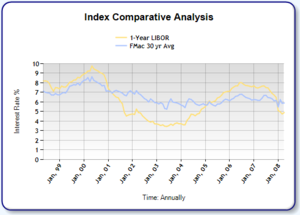 Bank Statement Loans for Self-Employed Borrowers
Bank Statement Loans for Self-Employed Borrowers
A Mortgage Option Designed Around Cash Flow — Not Tax Returns
If you’re self-employed, a business owner, or an independent contractor, qualifying for a mortgage can feel frustrating. You may have strong cash flow and consistent deposits, yet your tax returns don’t always reflect your true earning power.
That’s where bank statement loans come in.
A bank statement loan is a Non-QM (Non-Qualified Mortgage) program designed specifically for self-employed borrowers. Instead of using tax returns, this program allows borrowers to qualify based on actual deposits shown on personal or business bank statements, providing a more realistic picture of income. [Read more…]









Recent Comments